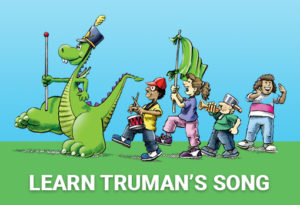WHERE IN THE WORLD | MARCH 2018
Washington D.C.
NASA HEADQUARTERS
The National Aeronautics and Space Administration, or NASA, headquarters is in Washington, D.C., the capital of the United States of America. As Washington, D.C., is the capital, it is the center of many of the nation’s most important departments.
Most of the scientists and engineers that work for NASA do not work in D.C. Instead, there are field centers and installations all over the United States where most of NASA’s experiments and construction take place. The headquarters plays a unique part in making NASA work. The headquarters provides the overall guidance and direction to the agency. Without this guidance, all the engineers and scientists across the nation wouldn’t know what projects to work on. Additionally, being close to Congress means that NASA directors can work closely with the government leaders who set the budget every year
- NASA was created in 1958.
- The population of Washington, D.C., is 672, 228.
- D.C. stands for District of Columbia, which is named after Christopher Columbus.
- The city is a federal district, which means it is not part of any state. It is made of land taken from Virginia and Maryland.
- The federal district is 68 square miles.
- D.C. has many important government buildings like the U.S. Capitol (where Congress meets), the White House, the Supreme Court Building and the Smithsonian Museums.
- D.C. was not the first capital of the United States. Philadelphia and New York City were once capitals.
- Washington, D.C., was formed in 1790 and is named after George Washington.
- The first president to live in the White House was John Adams.
- NASA stands for National Aeronautics and Space Administration. It was created by President Eisenhower.
- Space travel and technology were a symbol of power during the Cold War. America wanted to keep up with the Soviets, who were the first to launch a satellite into space.
- The D.C. flower is the American Beauty rose.
- The D.C. bird is the wood thrush.
To learn more visit these sites
kids.nationalgeographic.com
www.nasa.gov
www.nasa.gov/kidsclub





